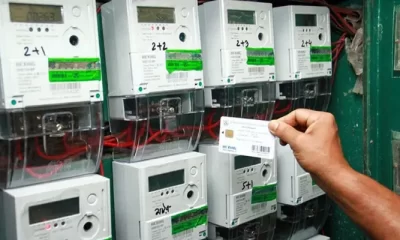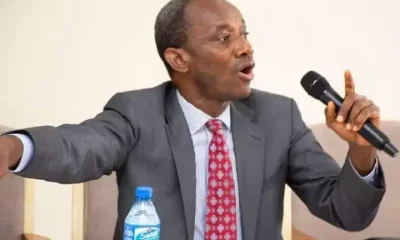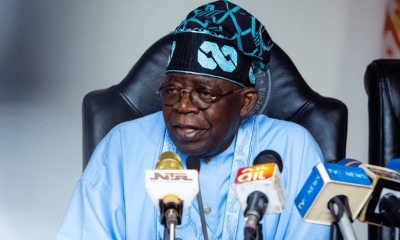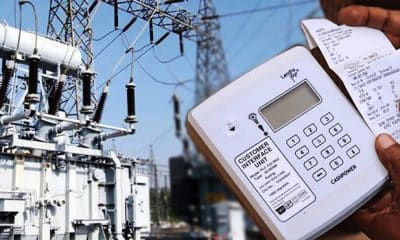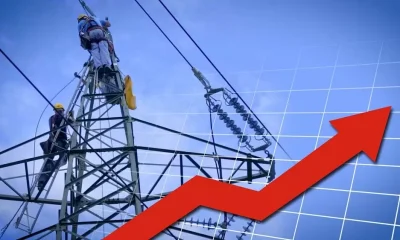Nigeria News
New Electricity Tariffs To Kick Off In July – Minister Reveals
According to the minister, while speaking at the senate-house on Tuesday, June 16, the tariff increase which was delayed for three months due to the impact of dreadful COVID-19 pandemic will begin from July 2020.
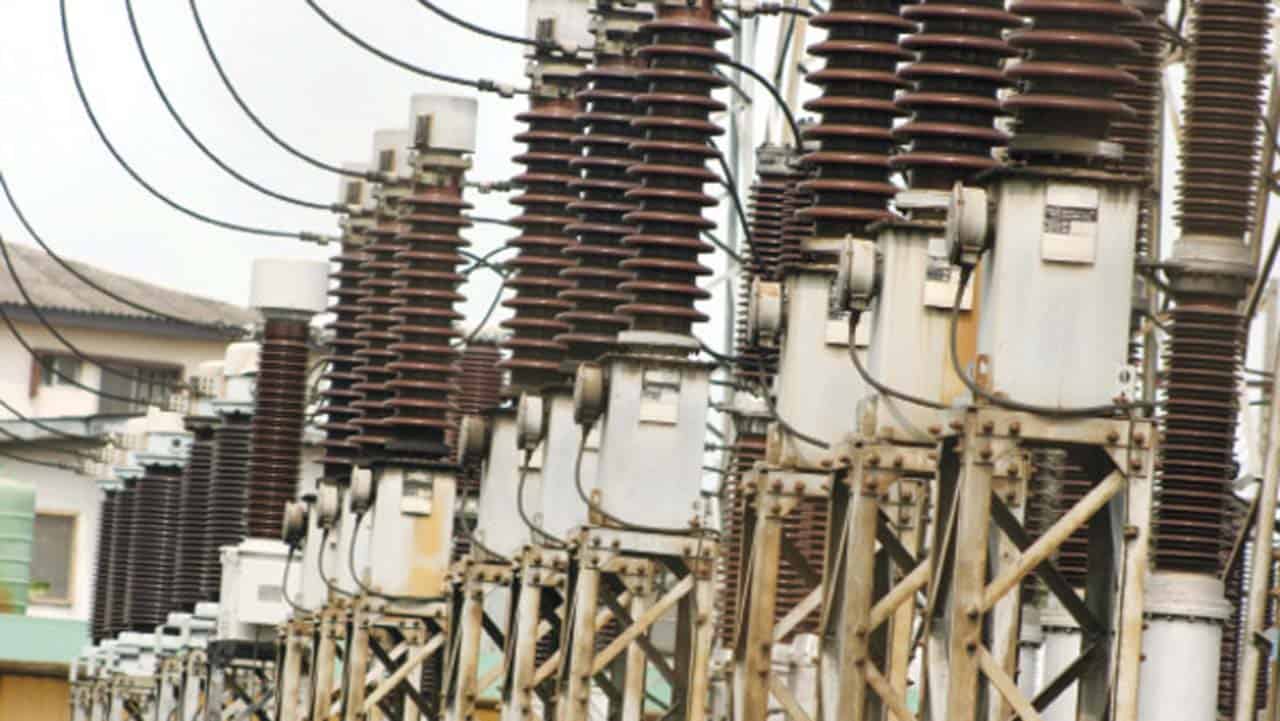
The Minister of Power, Sale Mamman, has hinted that implementation of the electricity tariff will commence in the next month as earlier proposed by the government.
According to the minister, while speaking at the senate-house on Tuesday, June 16, the tariff increase which was delayed for three months due to the impact of dreadful COVID-19 pandemic will begin from July 2020.
It could be recalled that Mamman, has stated earlier that Nigerians are enjoying 18 to 24 hours of electricity daily. The minister said this during an interview on the Nigerian Television Authority (NTA) a week ago. He claimed that the All Progressives Congress-led administration since its assumption of power has improved the power sector.
Previously, the Nigerian Electricity Regulatory Commission, NERC, had disclosed an upward review of electricity tariff across the country from the month of April but was halted moments later due to the outbreak of Coronavirus in the country.
Mamman, however, while given an update on the power sector recovery plan and the effect of the pandemic on the sector, revealed that the subsidy incurred in order to maintain the current tariff level is unsustainable.
He said, “The impact of the COVID-19 pandemic has also affected our laid-out plan for the repositioning of the electricity market towards financial sustainability under the power sector recovery programme (PSRP).”
“Initially, the regulator, following the completion of public consultation on tariff review, planned on conducting a tariff review in April 2020. However, due to COVID-19 and customer apathy, the proposed tariff review was delayed by three months.”
The minister added, “The impact of this means the subsidy being incurred in maintaining the current tariff level had to be maintained until July 2020 when the proposed tariff review will be implemented. The current situation in the Nigerian power sector is that a lot of capital investment is being made, most of which is dependent on donor funding, loans and budgetary allocation.”
“For projects that we have already secured their funding, we do not expect any adverse effect.”
In another development, President Muhammadu Buhari, in a bid to end the activities of bandits in the North, approved a joint military, police operation across five northern states most affected.

